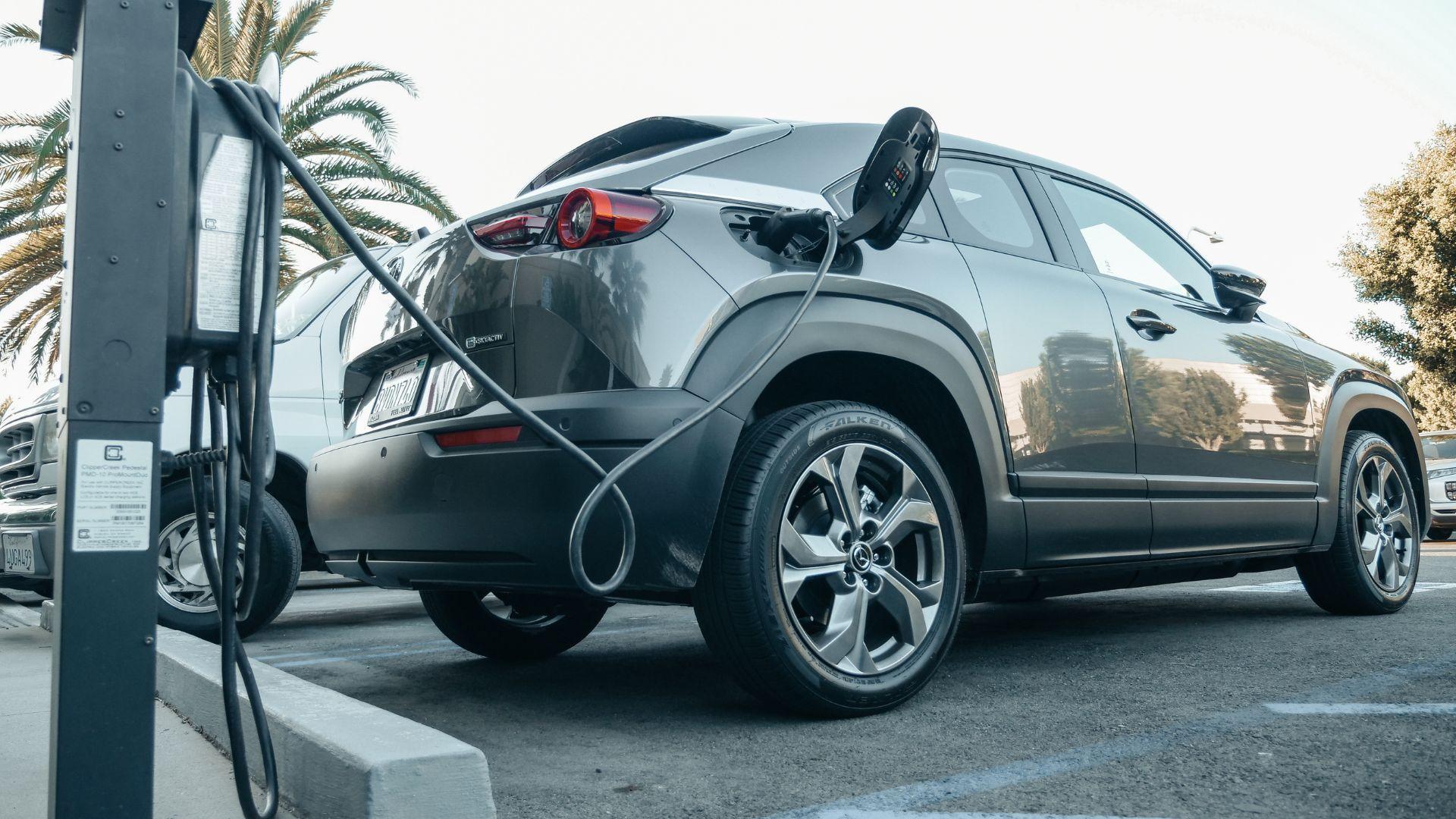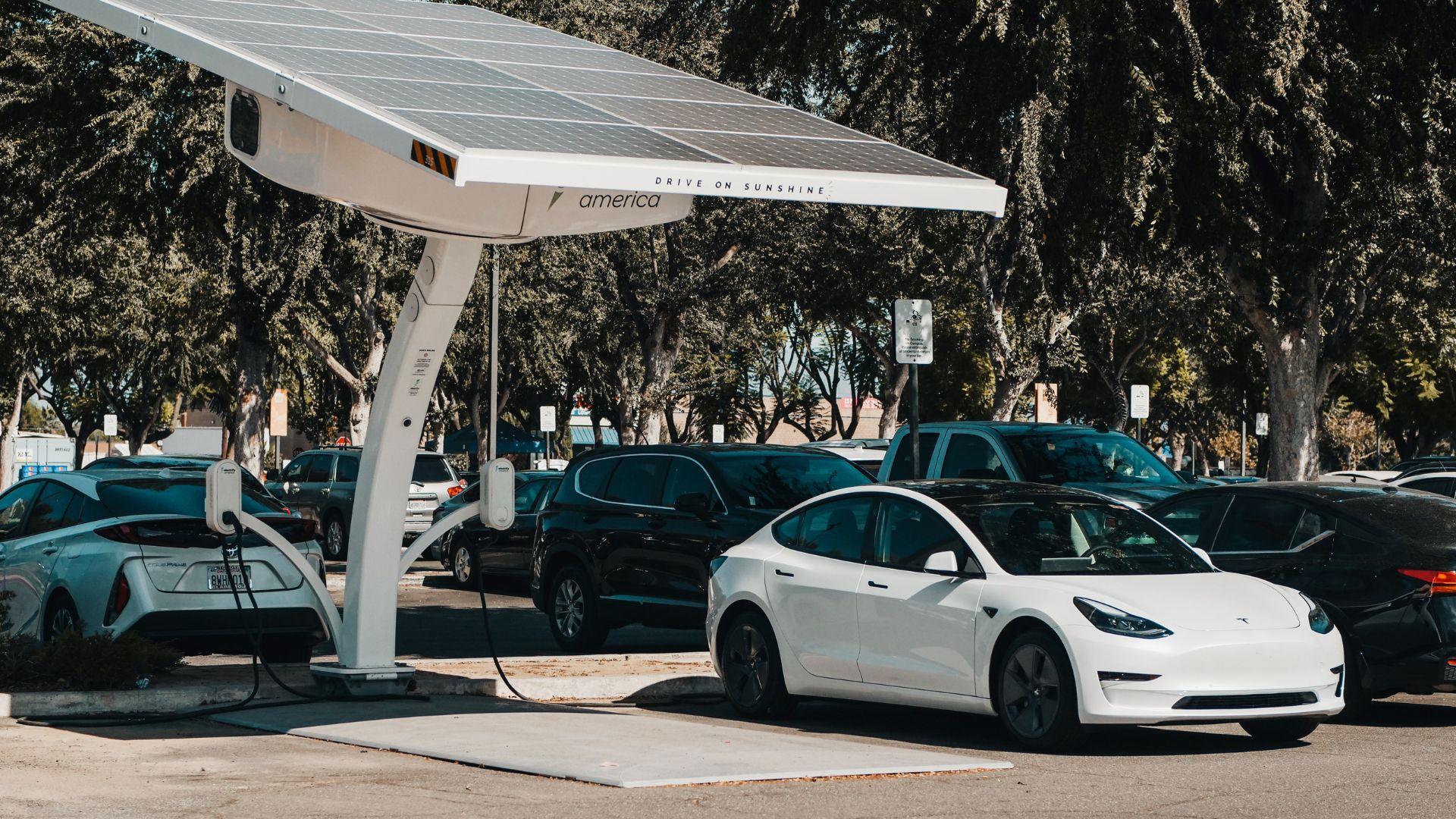The United States Environmental Protection Agency (EPA) made a sweeping decision on tailpipes that will impact gas powered cars moving forward.
The ruling now states that new cars must meet an emission standard of 57 miles per gallon. The group estimates that 67% of all light duty vehicles will be electric by 2032.
Electric Vehicles Losing Trust on the Market

According to the Ford Motor Company, they’ve lost an estimated $32,000 per electric vehicle (EV), resulting in a cumulative $5 billion lost on their entire EV division.
The company has also halted the production of the electric truck, the F-150 Lighting, due to the recession of EV sales.
Other Motor Companies Following Suit

Outside of the popular American car manufacturer, many other car makers are following this trend.
Car makers from General Motors, Mercedes-Benz, Volkswagen, Jaguar, and Landrover are all taking a back seat when it comes to pushing out new EVs. Even Tesla, known for only producing electric cars, expects their growth to slow down soon.
A Push For Environmental Reform

As reported by the New York Times, the new regulation on tailpipe emissions is an attempt to take control over climate change.
The ruling is one of the most aggressive reforms in climate regulation history. But many fear that the regulation will come at a cost to regular consumers.
Sanctions on Car Pollution

For car manufacturers, this new law means that they will now be forced to come up with new ways to reduce emissions from cars.
Car retailers will now only be able to sell vehicles that adhere to the strict reduction limit or face large fines from the EPA.
Price Concerns for Consumers

Critics of the new regulations have concerns that regular everyday consumers will face incredibly high car costs in the future.
In an opinion piece by Fox News, they state that consumers should be concerned that gas powered cars will become prohibitively expensive in the near future. This change will make the cost of living crisis exponentially worse.
Targeting the Largest Emitters of Pollution

In the United States, every day car travel is essential as most cities remain car dependent with minimal public transportation.
However, heavy reliance on cars means that pollution from daily commutes accounts for one of the largest sources of carbon emissions. The Biden administration plans to target this source of pollution in an attempt to combat climate change in the future.
Consumers Face a Limit of Gas-Powered Cars Each Year

The EPA will wield new power because of the recent change. It is bound to affect both consumers and car manufacturers.
The agency will now have the power to set limits on the number of gas powered cars sold each year, effectively limiting consumers’ buying habits.
The Auto Industry Doesn’t Plan on Backing Down

Although this has sparked fear and concern for many groups in the U.S, the auto industry and lobbyists hope that this decision can be reformed.
The attorney general of Louisiana, Elizabeth Murrill, stated that the government should not be in charge of telling its citizens what to drive. She reiterated that EV’s should be a personal choice and not up to big government.
Banning Together to Petition the Decision

In late November 2023, over 4,500 auto dealers signed a letter to petition the Biden administration’s decision to push EV sales.
The group has shared their concerns that the public simply isn’t interested in buying EVs. In the letter, they reiterate their fears of lots filled with useless, unsold cars.
Even Car Rentals Geared Towards Gas

To back up the consumers’ dislike of electric powered vehicles, Hertz rental company even came out to give the hard numbers of their EV rentals.
The car rental giant made it clear that they plan on selling off their EV inventory due to the fact that customers simply have no interest in renting them.
Worries About Functionality With EVs

Aside from the increased cost of buying an EV along with all the necessary accessories, consumers bring up valid points about the issues with the new style of car.
Many critics of EVs have shown that the cars often have issues with the battery in cold or warm temperatures and cannot drive for long distances. Both of these issues make driving in the United States incredibly difficult.
